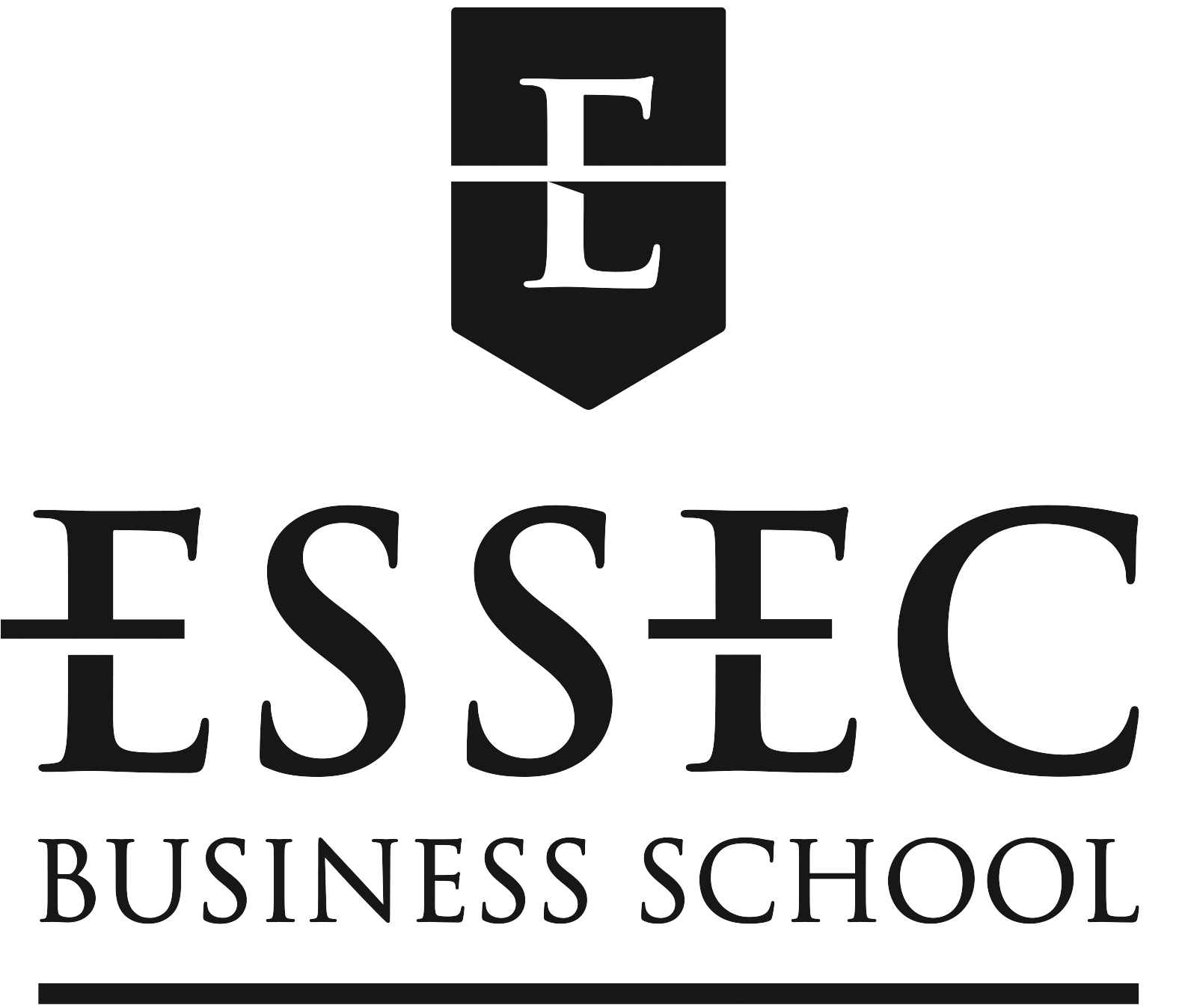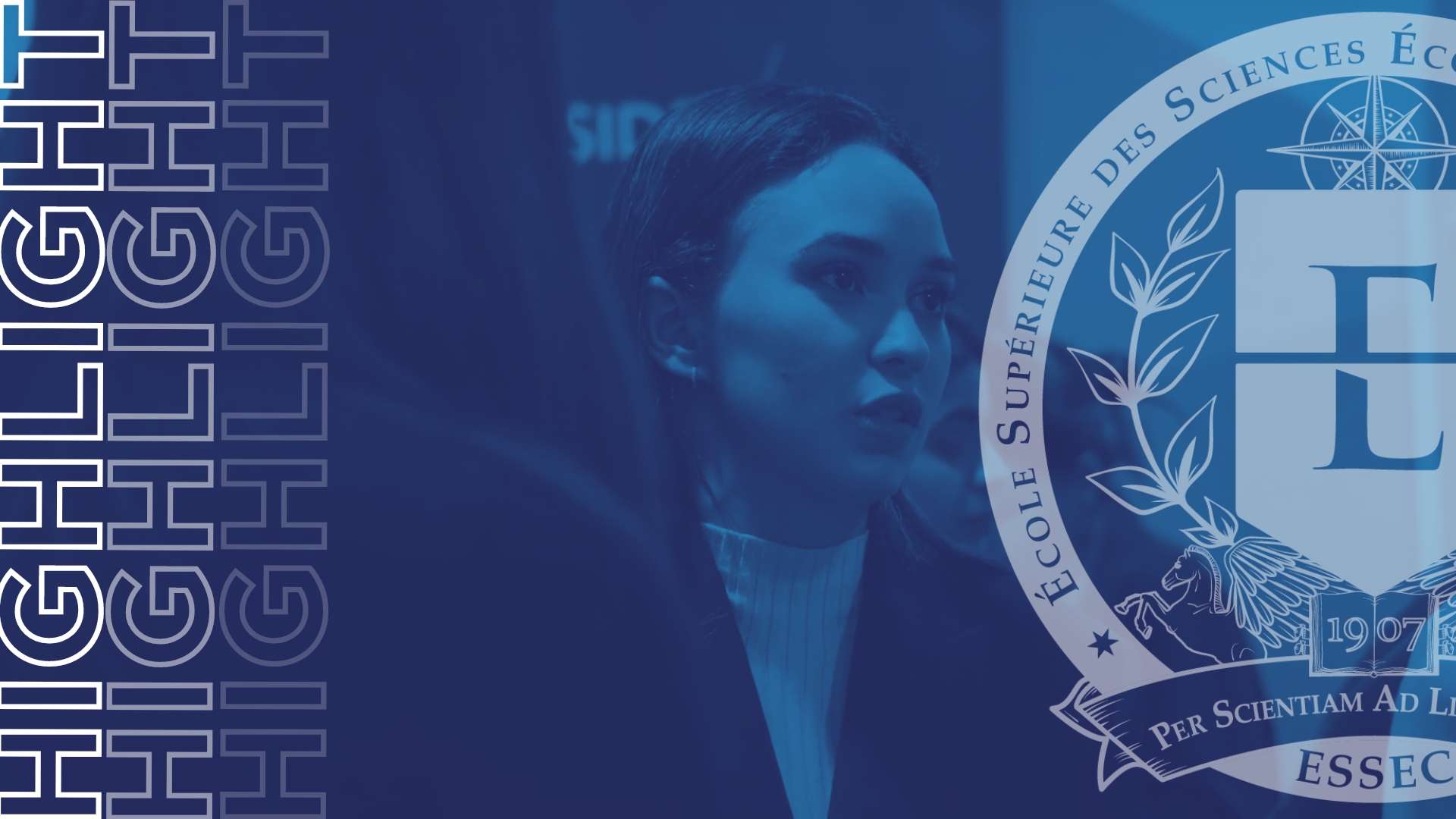- Teams from Ateneo de Manila University, the National University of Singapore, and Singapore Management University bagged top spots in the competition.
- Winning circular economy solutions included gamification, machine learning, and AI.
- All participants learned the role of businesses in creating a sustainable future.
The fight for sustainability can be arduous, but unity is our greatest weapon in adversity. We can force change when individuals, organizations, and nations unite. With this in mind, ESSEC Asia-Pacific, executive training provider The Human Factor, and global sports retail brand Decathlon came together to organize the ESSEC Case Competition for Future Leaders 2023.
17 teams of undergraduate students from Southeast Asia and Australasia gathered to tackle the challenge. Their mission: To create a game-changing business model that maximizes the benefits of Decathlon’s circular economy initiatives.
The three-week-long adventure saw participants participate in six workshops and two coaching sessions to prepare them for the final pitch day on March 11. Testament to the ESSEC spirit, alumni from the ESSEC Master in Strategy & Management of International Business (SMIB) from various industries also returned to serve on the jury and offer advice and mentorship to the participants.
After hours of deliberation, three teams emerged triumphant: Team 18 from Ateneo de Manila University took the top prize, Team 9 from the National University of Singapore came in second, and Team 16 from Singapore Management University came third.
Winning Solutions include Gamification, Machine Learning, and AI.
A significant obstacle participants faced was that Decathlon already has an extensive suite of circular economy solutions, including upcycling and leasing. “We had to take a step back from our initial ideas to focus more on the problem and persona we constructed,” Arvin Martin Santos, leader of the winning team, recalls, adding: “It was also a challenge to determine the feasibility of our solutions in an international market.”
But through this rigorous research process, the students’ creativity shone. The second runners-up caught the eye of the judges for their use of gamification to educate consumers about sustainability and incentivize them to participate in circular economy initiatives. The first runners-up stood out for integrating machine learning and AI in a sharing economy model. They also brought in comprehensive plans to scale the initiative worldwide.
On the other hand, Arvin and the team stole the show with the three-phase business strategy targeting both business-to-business and business-to-consumer channels. This included developing bicycles that can charge one’s devices to encourage people to turn to greener modes of transport—a unique proposal that “the CEO of Decathlon Singapore even shared that they haven’t thought about the solutions we presented,” Arvin proudly announces.
Valuable Lessons and Insights on Sustainability
Arvin credits the workshops held by ESSEC for providing students with insights and refining their skills, which ultimately led to his team’s victory: “Apart from value-adding workshops on Design Thinking, Problem Solving, Sustainability, and Public Speaking, we were very fortunate to be mentored by various industry leaders from Big Bloom, McKinsey & Company, and The Matcha Initiative,” he says.
Other participants echo his sentiments. “We grew immensely through the duration of this competition and learned how to generate value throughout a product’s entire lifestyle while being conscious of the earth, our home,” says Yi Xuan Long from the first runners-up team.
“I am grateful for the opportunity and honored to learn from such accomplished professionals,” Rong Zheng, also from the first runners-up team, chimes in. “ESSEC not only provided us with the opportunity to showcase our skills but also made us aware of the positive impact that businesses can create when they prioritize sustainability and social responsibility,” she says.
Beyond the business knowledge, it is ultimately this call for sustainability that ESSEC hopes students will take home: To understand that global businesses have the resources and ability to make an impact in the lives of their consumers. Or as Arvin so aptly puts it: To realize that in every business decision one creates, “it is important to always examine the triple bottom line of people, planet, and profit,” so we can achieve a better future for all.
Find out more about the competition and corporate partners in our first event coverage.
RELATED POSTS
Highlights: ESSEC Talent Day 2024
On 6 March 2024, students from the ESSEC Asia-Pacific campus rubbed shoulders with executives from top companies in the inaugural Talent Day event.…
SMIB Students Tackle Hard Issues at the Hinrich Foundation Inaugural Sustainable Trade Challenge
Master in Strategy & Management of International Business students dive deep into the Sustainable Trade Challenge, showcasing their prowess in…
CFA Research Challenge 2023-2024: Financial Modeling Boot Camp by ESSEC
In support of the CFA Institute Research Challenge 2023-2024, ESSEC APAC ran a financial modeling boot camp for students across Singapore. Find out…
MiF Career Immersion 2023 Series: Students Take Their First Steps into the World of Finance
To enable ESSEC MiF students to better understand the industry, ESSEC Asia-Pacific organized company visits to financial powerhouses as part of the…
MiF Guest Speaker Sylvaine Masson: MD on Succeeding in the M&A Landscape
Sylvaine Masson, an ESSEC Master in Management alumna, discusses success in Asia's M&A sector. She emphasizes the importance of a strong financial…
Highlights: ESSEC Career Seminar 2023
On 8 November 2023, students from the ESSEC Asia-Pacific campus attended various talks and panel sessions featuring senior executives from top…







